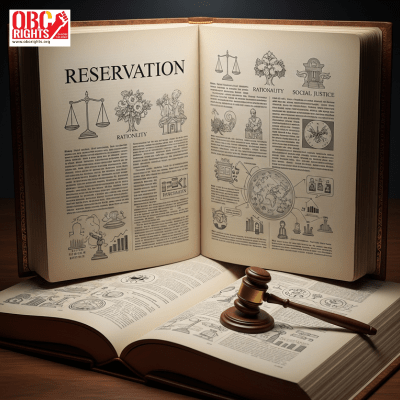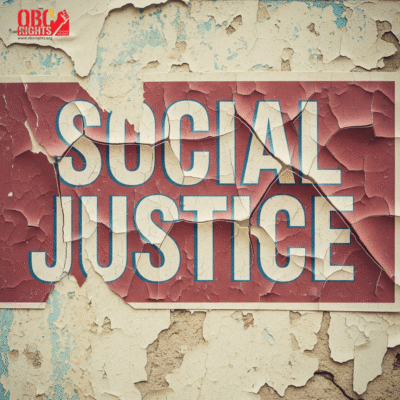In India, reservation was never just a policy. It was a promise — a path toward equality and dignity for communities historically pushed to the margins. But decades later, that promise feels incomplete. The idea is that a nation can be built only when all its people have quality knowledge. Yet for many OBCs, that inclusion is still missing. The truth is clear: India’s journey toward social justice and true representation still remains an unfinished project.
Why Reservation Was Introduced: More Than a Policy
When the Indian Constitution was framed, reservation was introduced to correct centuries of social exclusion. It was meant to break the monopoly of power — not to appease. For the OBC community, it was a step toward visibility, mobility, and participation. Without it, we would not see OBC teachers in universities or officers in the bureaucracy. But that’s only part of the story.
Reservation as a Nation-Building Tool
Reservation is not just about getting a job or a college seat. It was created to build a fairer India — a country where everyone, no matter their background, gets a real chance to study and represent in government services. In a strong democracy, success shouldn’t depend on your family name or where you were born. It should depend on your talent and effort.
For OBC communities, reservations created pathways into classrooms and public service. But that’s not the full picture. We are still missing in many powerful places — like courts, top government posts, media, and universities. This is not by accident. It’s because the system still favors a few, while keeping many out.
To build a truly equal nation, every group must be part of decision-making — not just part of the queue.

The Unfinished Project: Gaps That Still Hurt
For every OBC student in a university, many are still struggling just to stay enrolled. For every officer who makes it, countless others are denied fair selection. And when institutions avoid implementing reservations — especially in higher judiciary and elite think tanks — they deepen inequality. Without full implementation and transparent tracking, OBC reservation becomes a broken bridge, not a way up.
The biggest obstacle? A refusal to count us properly. Without a caste census, how do we measure under-representation? How do we plan correction? The nation cannot afford this blindness any longer.
A New Generation Is Asking New Questions
OBC youth today are informed, assertive, and unwilling to be sidelined. They are not just fighting for jobs — they are demanding voice, space, and control. This new wave of leadership understands that the battle is not for sympathy, but for justice. They are questioning why institutions look the same decade after decade. They are saying: “We won’t just take part — we’ll take charge.”

Conclusion:
A truly inclusive India cannot be built on partial justice. Reservation was never meant to be a permanent crutch, but a powerful equalizer. The real problem isn’t that it exists — it’s that it was never fully applied. For India to be a true democracy, the unfinished project of social justice must be completed. Not tomorrow. Today.
Because nation-building isn’t done until everyone can see themselves in the nation, they help the building of it.
Social justice is an unfinished project — and it won’t complete itself. Speak up, Show up, Share this. Push for the caste census. Demand accountability.
Visit obcrights.org — where voices rise, resist, and rebuild. – “OBC Rights” – always guide – “Rights”.



